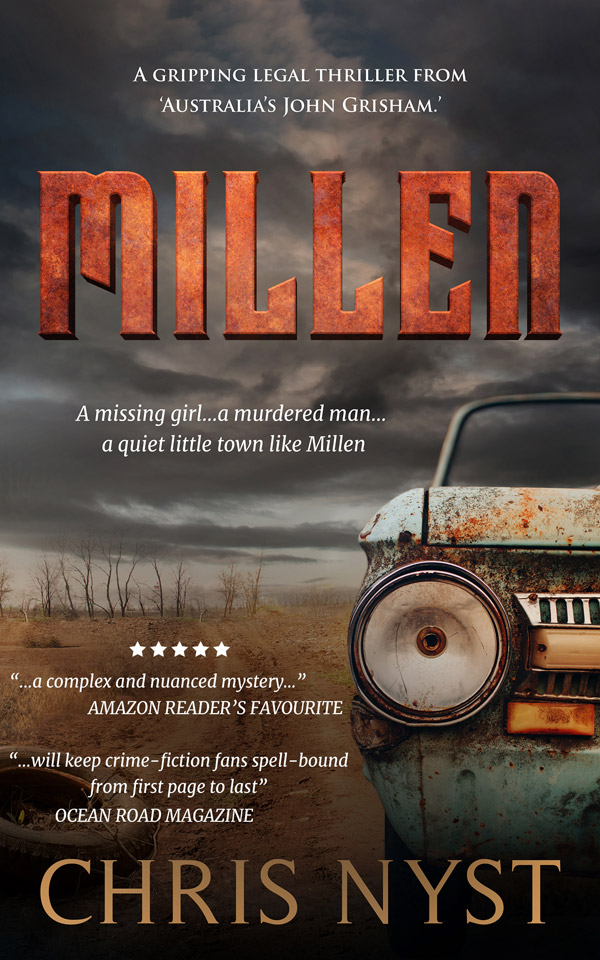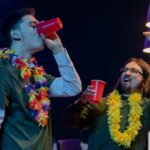The complaint this week from would-be patrons of a popular Adelaide hotel that they were refused entry on racial grounds, has reopened some old wounds, and focused attention on sadly unfinished business. Claims by aboriginal woman Taylor Power-Smith and her indigenous friends Peter Miller Koncz and his wife Kahlia that they were turned away from the Palais Hotel because of their aboriginality, raised more than a few ghosts of our often shameful past.
On the 21st of March 1965, about 40 aboriginal Australians walked into the Burlington Hotel, in the Sydney suburb of Haymarket to stage a sit-in demonstration, protesting the hotel’s then policy of refusing to permit any Aboriginal patrons entry to its lounge. It was a ban loaded with profound implication for the social and political standing of Aboriginal Australians and the attitudes of white Australia of the day, one broadly perpetrated in pubs, cinemas and recreation areas around Australia in 1965.
The protest came less than a month after a group of Sydney university students took part in an event that became known as the Freedom Ride. Inspired by the freedom riders of the American Civil Rights Movement, a handful of mostly white, predominately middle-class students from the University of Sydney took up Martin Luther King’s call for non-violent direct action against racial inequality, and set out on a bus tour of various country towns in New South Wales, on a consciousness-raising exercise designed to focus public attention on the plight of aboriginals in rural Australia. Accused by many of unnecessarily stirring up racial disharmony in the rural communities they visited, the students were actively intent on creating social tension aimed at unsettling an apathetic mainstream. In many rural towns they discovered de facto segregation, and spent long hours picketing venues such as hotels, cinemas and public swimming pools that discriminated against aboriginals. They were pelted with eggs and rotten fruit and such was the level of actual and threatened violence that their contracted bus driver abandoned the tour halfway through, out of fear for his personal safety.
But as the world’s press reported daily on their trials and tribulations, mainstream Australia was confronted with the ugly truth about racial discrimination and inequality. The students achieved the social tension they were hoping for. As one commentator observed, the Freedom Ride struck “a direct and rude blow at the genteel silence that has clothed injustices with respectability.” Suddenly white Australia was awake, sitting up and listening.
Today aboriginal Australians have the same citizenship rights as all Australians. Yet their life expectancy is almost 20 years less, and their infant mortality rate is double the mortality rate of non-aboriginal Australians. School retention and graduation rates are lower and their rates of unemployment are higher.
In October this year, the Federal government announced a proposed inquiry by the Australian Law Reform Commission to examine why aboriginal people are grossly overrepresented in our prison system. Currently, aboriginal Australians make up 27% of Australia’s prison population, despite comprising only 3% of our national population. More than half a century after the Sydney University freedom ride, the statistic is a national disgrace.
Perhaps, it’s time for the sons and daughters of the freedom riders’ generation to reawaken their parents, and direct another “rude blow at the genteel silence” that continues to tolerate the tragedy besetting so many of our fellow Australians












